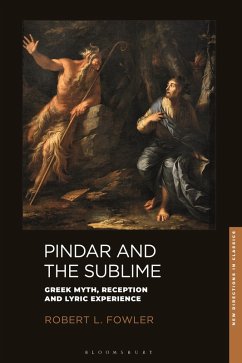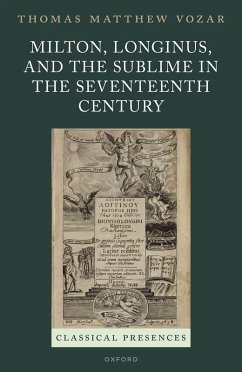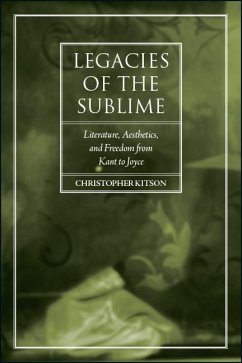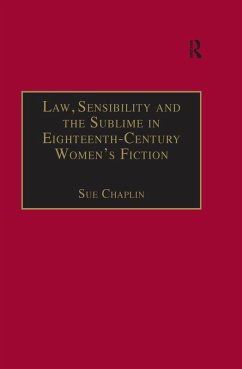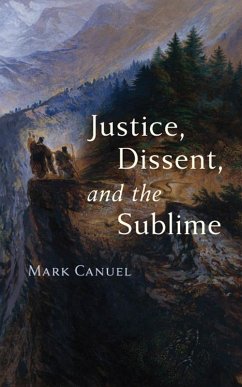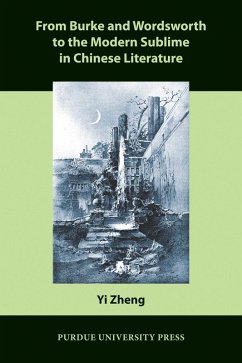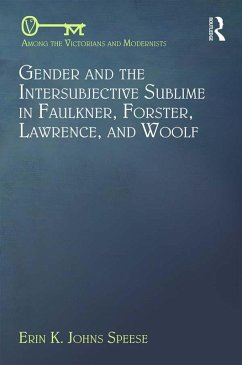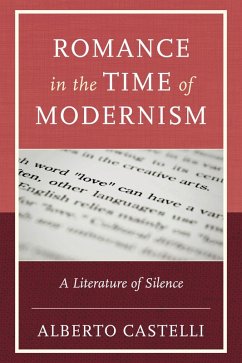
On the Sublime (eBook, ePUB)

PAYBACK Punkte
0 °P sammeln!
On the Sublime is a foundational text in literary criticism, attributed to the 1st-century philosopher Longinus. This treatise explores the nature of aesthetic expression, articulating what constitutes the sublime in literature and oratory. Longinus dissects various examples from classical texts, employing a rhetorical style rich in examples and persuasive techniques, while advocating for the emotional impact that great works can evoke. His analysis not only emphasizes elevated language and grandeur but also delves into the psychological and philosophical underpinnings of how artists can trans...
On the Sublime is a foundational text in literary criticism, attributed to the 1st-century philosopher Longinus. This treatise explores the nature of aesthetic expression, articulating what constitutes the sublime in literature and oratory. Longinus dissects various examples from classical texts, employing a rhetorical style rich in examples and persuasive techniques, while advocating for the emotional impact that great works can evoke. His analysis not only emphasizes elevated language and grandeur but also delves into the psychological and philosophical underpinnings of how artists can transcend mere representation to touch on profound truths, situating the work within the broader context of Hellenistic thought on beauty and rhetoric. Longinus's insights are shaped by his experiences as a scholar in a Hellenistic milieu, where the appreciation of art and rhetoric was paramount. As a critic, he navigated the tensions between emotional response and technical excellence, a lens through which he examined both contemporary and historical works. His profound understanding of the capabilities of language reflects a lifetime immersed in the contemplation of art and its effect on human sensibility, providing a framework that resonates throughout subsequent centuries of literary analysis. For those interested in the enduring legacy of literary theory, On the Sublime is an essential read. Longinus not only defines the sublime but also inspires writers and critics alike to strive for greatness in their expressive endeavors. This text serves as both a historical document and an invaluable guide for anyone seeking to comprehend the profound depths of beauty in literature.
Dieser Download kann aus rechtlichen Gründen nur mit Rechnungsadresse in A, B, BG, CY, CZ, D, DK, EW, E, FIN, F, GR, H, IRL, I, LT, L, LR, M, NL, PL, P, R, S, SLO, SK ausgeliefert werden.





